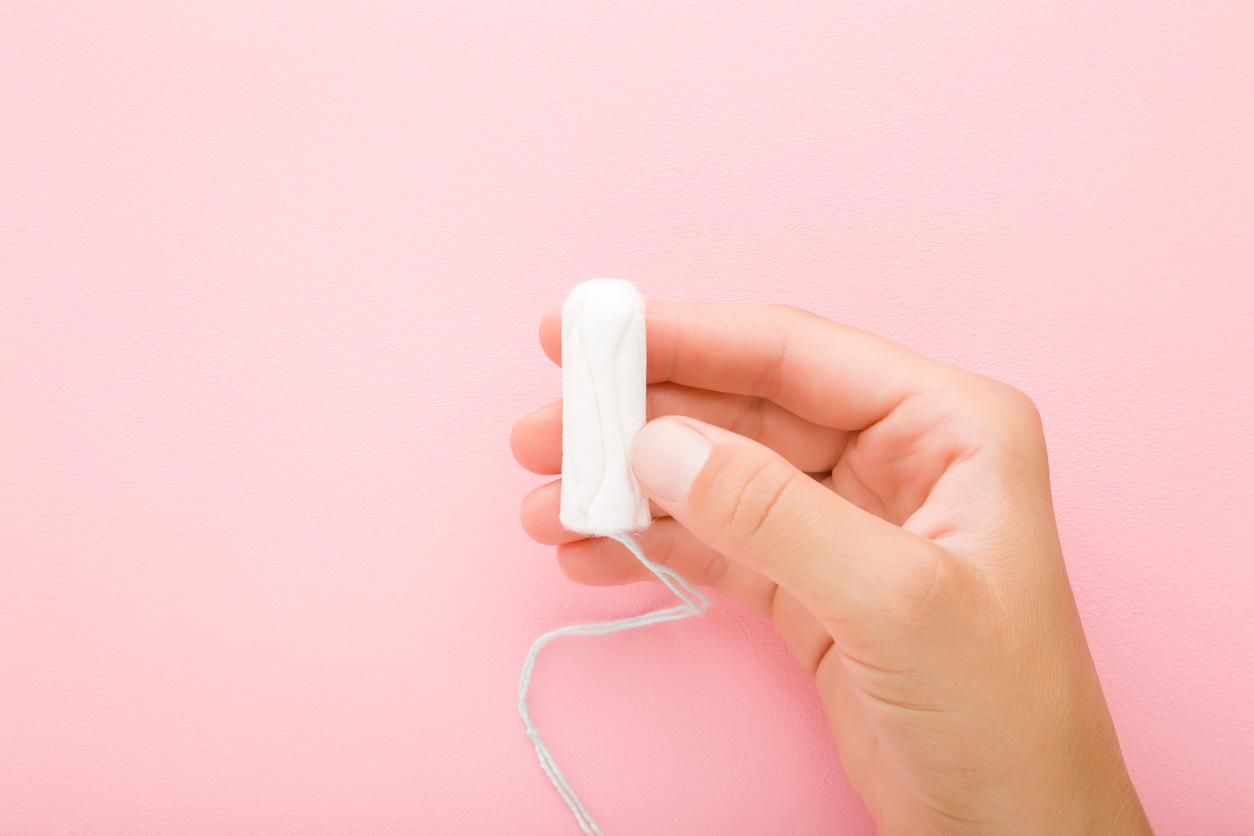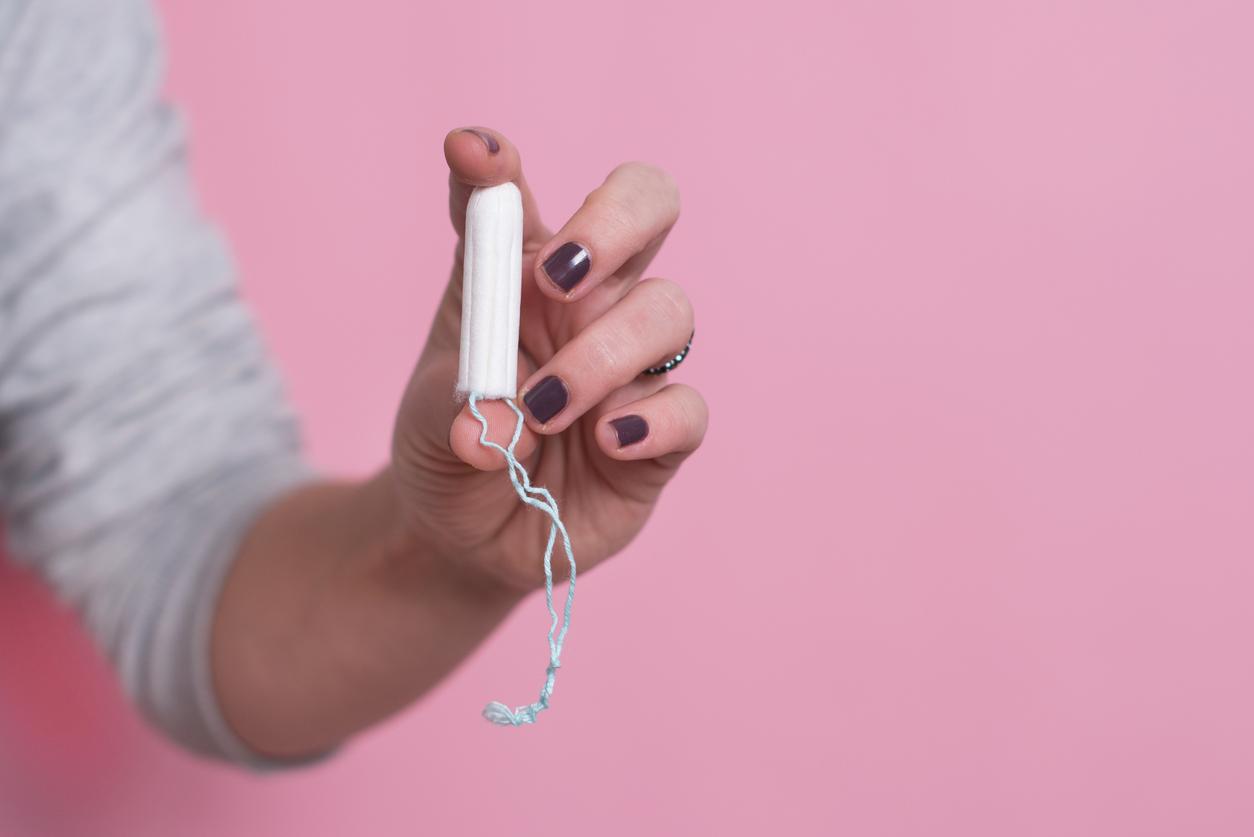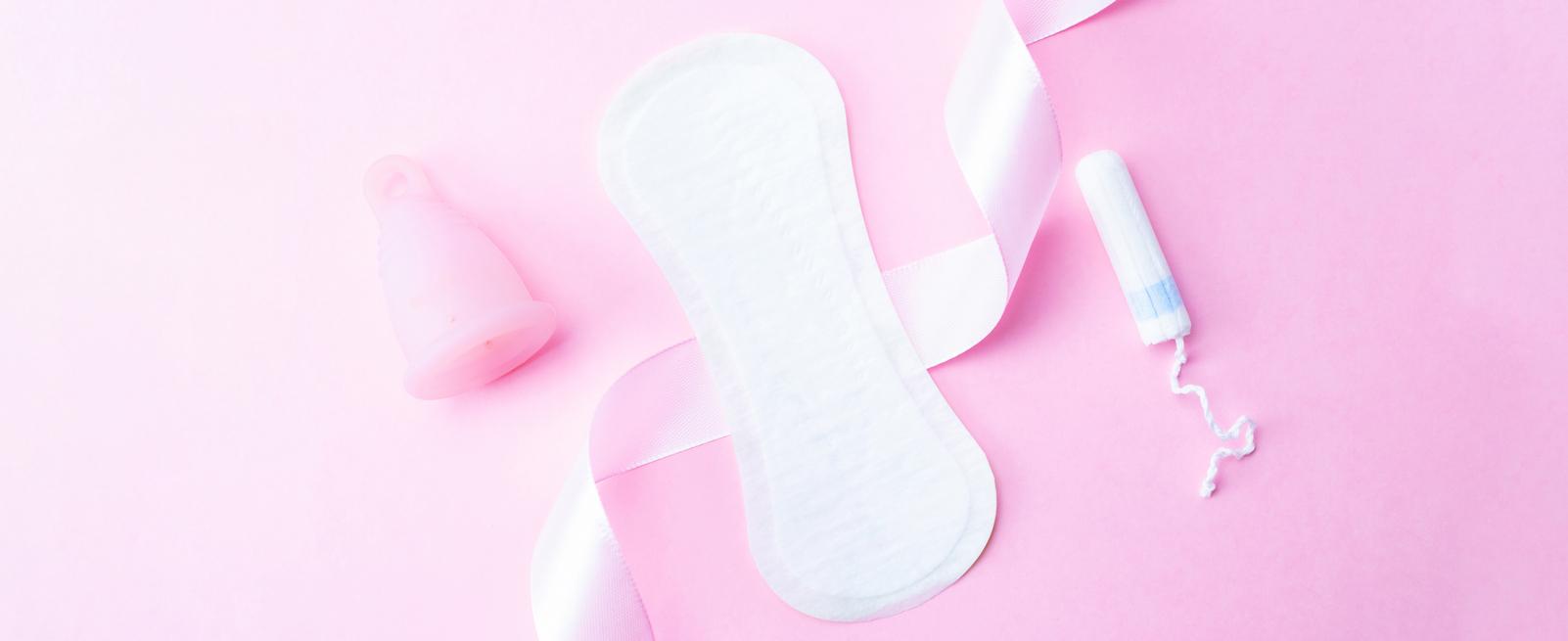It’s summer, time for vacation and swimming. Tampons are then very practical. But be careful, misused, serious medical complications can occur. We take stock.

- Tampons are very practical to use in the summer when swimming.
- Certain hygiene rules must be followed when using a tampon.
- Misusing a tampon can lead to toxic shock, serious infectious disease and even death.
Whether you bathe in the sea, in the swimming pool, in lakes or rivers, these moments are very pleasant. However, many women neglect the requirements for wearing a tampon when they have their period, as toilets are not always close to bathing places.
Wearing a tampon requires certain precautions
Between 60 and 80% of women use tampons.
To avoid any medical problems, here are the rules to follow when using tampons, even in summer:
– Change your tampon every four hours. In case you are unable to replace it, health professionals recommend that the same tampon should not be kept for more than eight hours.
– Adapt your buffer to your flow.
– Do not use a tampon that is too absorbent in order to keep it longer.
– Wash your hands before and after handling the tampon.
– Wait until the start of menstruation before putting on a tampon, even if you are afraid of a leak.
– These rules also apply to organic tampons.

What is toxic shock?
Misusing your tampon can, in very rare cases (about twenty each year), lead to toxic shock, a potentially fatal infectious disease or the cause of amputations.
This syndrome is caused by Staphylococcus aureus, a bacterium that develops in the vaginal microbiota.
Symptoms of toxic shock begin to resemble those of a severe flu: a high fever of more than 39 degrees; low blood pressure; a skin rash (erythroderma) resembling sunburn; vomitings ; watery and profuse diarrhoea; inflammation of the mucous membranes (pharynx, eye, etc.); mental confusion or psychological obtundation.
If these symptoms appear, it is urgent to consult a doctor and inform him of the suspicion of toxic shock to avoid the misdiagnosis of gastroenteritis or flu.

















